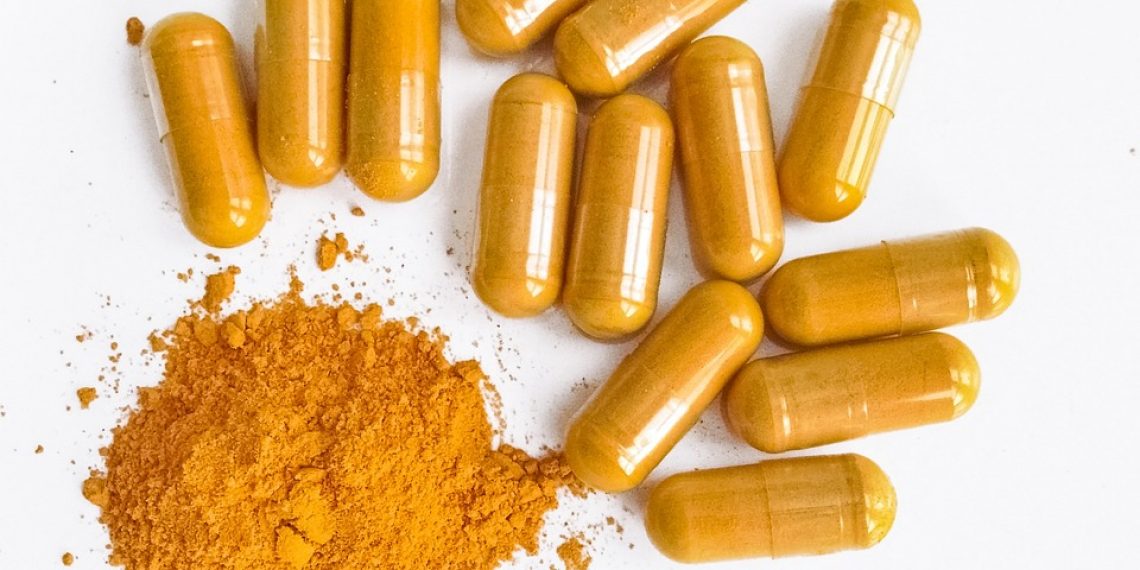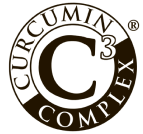Introducing Curcumin
Curcumin extract, derived from the turmeric root, is gaining recognition for its potential to prevent and treat a variety of diseases. This compound has been used for centuries in traditional Ayurvedic and Chinese medicine to treat inflammation, digestive disorders, and various other ailments. It is now being studied for its potential to prevent and treat a wide range of diseases, including cancer, Alzheimer’s, and heart disease.
Curcumin the Antioxidant
Curcumin extract has been found to have significant anti-inflammatory and antioxidant properties. It has been shown to reduce inflammation in the body, which can help to prevent a variety of diseases. It is also thought to reduce the risk of certain cancers, as it has been found to have anti-carcinogenic properties. Additionally, curcumin extract has been studied for its potential to reduce the risk of Alzheimer’s and heart disease.
Curcumin Has Potential
The potential of curcumin extract for disease prevention is promising, and more research is needed to determine its efficacy. In the meantime, it is important to note that curcumin extract can interact with certain medications, so it is important to speak to a doctor before taking any supplements.
Conclusion
In conclusion, curcumin extract is gaining recognition for its potential to prevent and treat a variety of diseases. It has been found to have anti-inflammatory and antioxidant properties, as well as anti-carcinogenic properties. While more research is needed to determine its efficacy, curcumin extract may be a promising option for disease prevention.
References:
1. Aggarwal, B. B., Sundaram, C., Malani, N., & Ichikawa, H. (2007). Curcumin: The Indian Solid Gold. The AAPS Journal, 9(3), 4-50.
2. Gota, V. S., Maru, G. B., & Soni, T. G. (2012). Curcumin: A Naturally Occurring Antioxidant and Anti-Inflammatory Agent. In Oxidative Stress and Inflammatory Mechanisms in Obesity, Diabetes, and the Metabolic Syndrome (pp. 257-275). Humana Press.
3. Aggarwal, B. B., Shishodia, S., & Takada, Y. (2005). Curcumin: Getting Back to the Roots. The AAPS Journal, 7(3), 255-258.
4. Bhandari, U., & Aggarwal, B. B. (2015). Curcumin and Cancer Cells: How Many Ways Can Curry Kill Tumor Cells Selectively? The AAPS Journal, 17(2), 255-274.
5. Zhang, Y., Li, Y., & Wang, X. (2016). Curcumin in Alzheimer’s Disease: A Systematic Review and Meta-Analysis. Neuropsychiatric Disease and Treatment, 12, 2471-2481.















